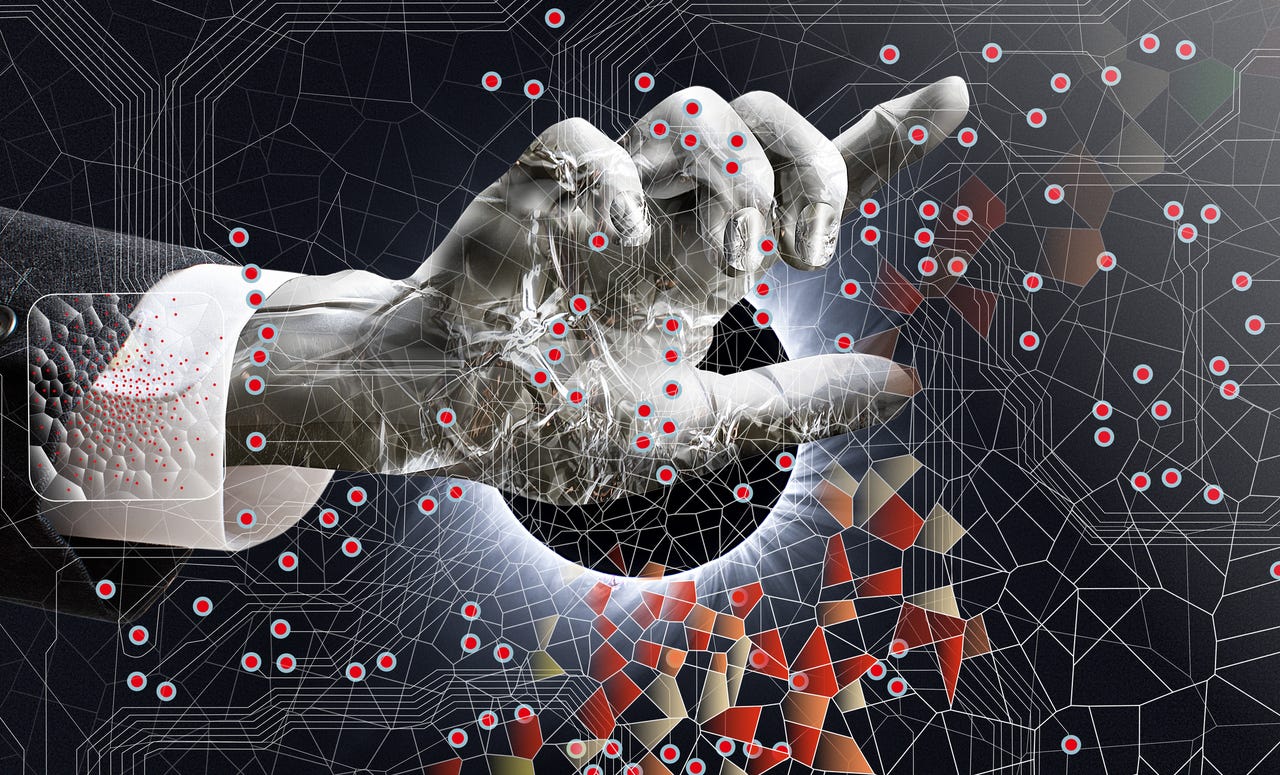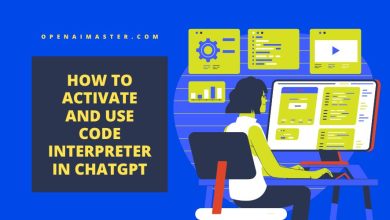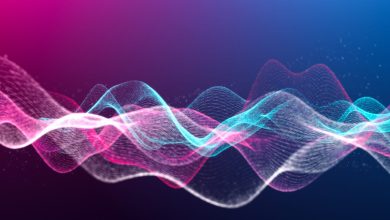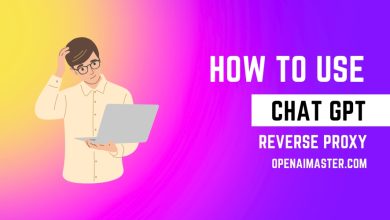
There can be hackers, criminals, rogue nation states, highschool college students, and crackpots all trying to feed misguided knowledge into each AI they will discover. Yuuji/Getty Photographs
As we proceed to discover the authorized implications of utilizing AI-generated code, I needed to increase an enormous due to ZDNET commenter @pbug5612 for uplifting us to journey down this rabbit gap.
In our first article of the collection, we checked out who owns the code created by AI chatbots like ChatGPT. On this article, we’ll talk about problems with legal responsibility.
Additionally: The perfect AI chatbots: ChatGPT and different noteworthy alternate options
Useful legal responsibility
To border this dialogue, I am going to flip to legal professional and long-time Web Press Guild member Richard Santalesa. Together with his tech journalism background, Santalesa understands these items from each a authorized and a tech perspective. (He is a founding member of the SmartEdgeLaw Group.)
“Till instances grind by means of the courts to definitively reply this query,” Santalesa advises, “the authorized implications of AI-generated code are the identical as with human-created code.”
Remember, he continues, that code generated by people is way from error-free. You may by no means see a service stage settlement warranting that code is ideal or that customers can have uninterrupted use of the providers.
He additionally factors out that it is uncommon for all elements of a software program utility to be solely home-grown. He says, “Most coders use SDKs and code libraries that they haven’t personally vetted or analyzed, however depend on nonetheless. I believe AI-generated code — in the interim — can be in the identical bucket as to authorized implications.”
Additionally: ChatGPT and the brand new AI are wreaking havoc on cybersecurity in thrilling and horrifying methods
Ship within the trolls
Sean O’Brien, a lecturer in cybersecurity at Yale Legislation Faculty and founding father of the Yale Privateness Lab, identified a threat for builders that is undeniably worrisome:
The possibilities that AI prompts would possibly output proprietary code are very excessive, if we’re speaking about instruments resembling ChatGPT and Copilot which have been skilled on a large trove of code of each the open supply and proprietary selection.
We do not know what skilled the chatbots. And so we do not know if segments of code output from ChatGPT and different related instruments are generated by the AI or merely echoed again from code that it ingested as a part of the coaching course of.
For those who’re a developer, it is time to sit down. This is O’Brien’s prediction:
I consider there’ll quickly be a whole sub-industry of trolling that mirror patent trolls, however this time surrounding AI-generated works. As extra authors use AI-powered instruments to ship code below proprietary licenses, a suggestions loop is created. There can be software program ecosystems polluted with proprietary code that would be the topic of cease-and-desist claims by enterprising companies.
As quickly as Yale’s Sean O’Brien talked about the troll issue, the hairs on the again of my neck stood up. That is going to be very, very messy. Take into consideration that and check out to not get in poor health.
This is one other thought. There can be those that try to corrupt the coaching corpora (the sources of information that AIs use to offer their outcomes). One of many issues we people do is use methods to sport the system. So not solely will there be armies of authorized trolls looking for people to sue, there can be hackers, criminals, rogue nation states, highschool college students, and crackpots, all trying to feed misguided knowledge into each AI they will discover, both for the lulz or for far more nefarious causes.
Additionally: 5 methods to discover using generative AI at work
Possibly strive not to consider that an excessive amount of.
Canadian legal professional Robert Piasentin, a associate within the Expertise Group at McMillan LLP, a Canadian enterprise regulation agency, factors out that chatbots may have been skilled on open-source work and bonafide sources, however they might even have been skilled on copyrighted work. And that coaching knowledge would possibly embody flawed or biased knowledge (or algorithms) in addition to company proprietary knowledge.
This is how he describes it: “If the AI attracts on incorrect, poor or biased data, the output of the AI instrument might give rise to varied potential claims relying on the character of the potential harm or hurt that the output might have triggered (whether or not instantly or not directly).”
Who’s at fault?
What not one of the attorneys mentioned is who’s at fault if the code generated by an AI leads to some catastrophic consequence.
For instance: The individual/firm delivering a product shares some duty for, say, selecting a library that has identified deficiencies. If a product ships utilizing a library that has identified exploits, and that product causes one thing that leads to tangible hurt, who owns that failure? The product maker, the library coder, or the corporate that selected the product?
Normally, it is all three.
Additionally: ChatGPT’s newest challenger: The Supreme Courtroom
Now add AI code into the combo. Clearly, a lot of the duty falls on the shoulders of the coder who chooses to make use of code generated by an AI. In spite of everything, it is widespread information that the code might not work and must be very totally examined.
However in a complete lawsuit, will claimants additionally go after the businesses that produce the AIs and even these organizations whose content material was taken (even when with out permission) to coach these AIs?
As each legal professional has instructed me, there’s little or no case regulation up to now. We can’t actually know the solutions till one thing goes horribly unsuitable, events wind up in court docket, and it is adjudicated totally.
We’re in uncharted waters right here. My greatest recommendation, for now, is to check your code totally. Check, check, after which check some extra.
Additionally: Low and no-code software program might quickly check the boundaries of IT hand-holding
You possibly can observe my day-to-day venture updates on social media. Make sure you observe me on Twitter at @DavidGewirtz, on Fb at Fb.com/DavidGewirtz, on Instagram at Instagram.com/DavidGewirtz, and on YouTube at YouTube.com/DavidGewirtzTV.
Unleash the Energy of AI with ChatGPT. Our weblog offers in-depth protection of ChatGPT AI expertise, together with newest developments and sensible purposes.
Go to our web site at https://chatgptoai.com/ to be taught extra.




